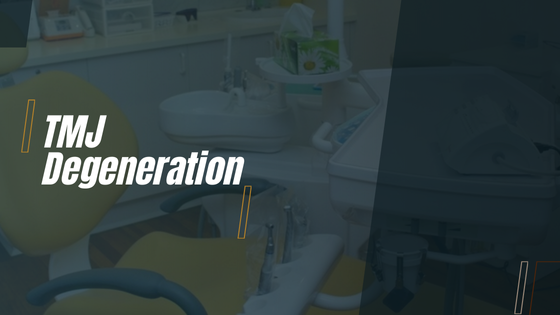Jaw inflammation, also known as temporomandibular joint disorder (TMD) or temporomandibular joint syndrome, is a condition that affects the temporomandibular joints, muscles, and ligaments responsible for jaw movement and function. The temporomandibular joints are located on each side of the head and play a crucial role in activities such as chewing, talking, and yawning. When these joints are inflamed, it can result in significant pain, discomfort, and restricted movement. Understanding the causes, symptoms, and available treatment options for jaw inflammation is essential for managing this condition effectively.
Suratorthosurgery Clinic, a leading medical facility specializing in orthopaedic and maxillofacial conditions, emphasizes the importance of early diagnosis and treatment for jaw inflammation. The clinic’s experts are equipped with advanced diagnostic tools and offer a comprehensive range of treatment options to address the underlying causes of jaw inflammation and improve the quality of life for their patients.
Symptoms of Jaw Inflammation
The อาการของผู้ป่วยที่มีปัญหาขากรรไกรอักเสบ can vary in their severity and impact on daily activities. Common symptoms include:
- Pain or Tenderness: Pain in the jaw joint, face, ears, or neck is one of the most common symptoms. The pain can be localized to the jaw or radiate to surrounding areas.
- Limited Range of Motion: Difficulty opening or closing the mouth completely, along with a feeling of locking or catching when moving the jaw.
- Clicking or Popping Sounds: Audible clicking, popping, or grating sounds when moving the jaw, which may or may not be accompanied by pain.
- Swelling: Visible swelling or tenderness in the jaw area can occur, often making it difficult to chew or speak.
- Headaches: Frequent headaches or migraines are often associated with jaw inflammation, especially when the condition is linked to bruxism.

Causes of Jaw Inflammation
Jaw inflammation can be attributed to various factors, and in many cases, a combination of these factors may be at play. Some common causes include:
- Trauma or Injury: Any direct trauma or injury to the jaw, such as a blow to the face, can lead to inflammation of the temporomandibular joints.
- Arthritis: Conditions like osteoarthritis or rheumatoid arthritis can affect the temporomandibular joints, leading to inflammation and degeneration over time.
- Bruxism: Chronic teeth grinding or clenching (bruxism) often leads to excessive strain on the jaw muscles and joints, causing inflammation.
- Malocclusion: Misalignment of the teeth or an improper bite can place undue pressure on the jaw joints, resulting in inflammation.
- Infection: In rare cases, infections in the jaw area can lead to inflammation of the temporomandibular joints.
Treatment Options for Jaw Inflammation
Managing jaw inflammation involves a combination of conservative and, in some cases, more advanced treatment options. The primary goals of treatment are to reduce pain, improve jaw function, and address the underlying cause of inflammation.
- Lifestyle Modifications: Making certain lifestyle changes can help alleviate jaw symptoms. This includes adopting a soft-food diet, avoiding chewing gum or hard foods, practicing good posture, and managing stress through relaxation techniques.
- Medication: Over-the-counter pain relievers, anti-inflammatory drugs, and muscle relaxants can help reduce pain and inflammation. In some cases, a healthcare provider may prescribe stronger medications.
- Physical Therapy: Jaw exercises, guided by a physical therapist, can help improve the range of motion and strengthen the muscles supporting the temporomandibular joints.
- Dental Interventions: Dental devices, such as mouthguards or splints, can help manage bruxism and correct malocclusion, reducing strain on the jaw.
- Injections: Corticosteroid injections may be administered to reduce severe inflammation in the temporomandibular joints.
- Surgical Treatment: In cases where conservative treatments fail to provide relief, surgical interventions may be considered. Suratorthosurgery Clinic offers a range of surgical options, from minimally invasive arthroscopy to more complex procedures, to address severe cases of jaw inflammation.
Conclusion
Jaw inflammation is a multifaceted condition that can significantly impact an individual’s daily life and overall well-being. Recognizing the symptoms early and seeking professional help from specialized clinics, such as Suratorthosurgery Clinic, can lead to effective management and treatment. Whether through lifestyle modifications, medication, physical therapy, dental interventions, or surgical options, there are numerous pathways to alleviate pain, restore function, and improve the quality of life for those affected by jaw inflammation.


